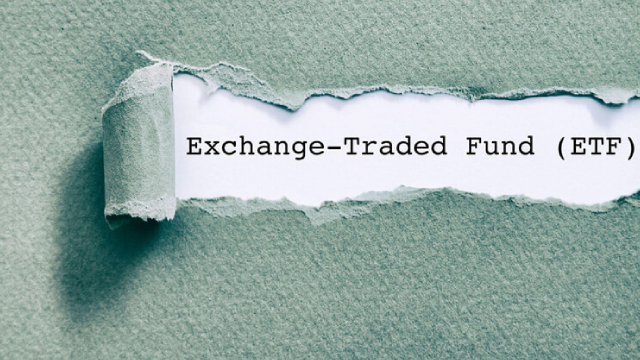IWD Stock Recent News
IWD LATEST HEADLINES
Value ETFs present a strategic investment opportunity to navigate ongoing volatility and potential shifts in trade policies.
We highlight some defensive investment strategies for investors amid the ongoing chaos.
Dollar-cost averaging is a smart strategy to implement in the current economic landscape. Look at ETFs to make it easy.
Looking for broad exposure to the Large Cap Value segment of the US equity market? You should consider the iShares Russell 1000 Value ETF (IWD), a passively managed exchange traded fund launched on 05/22/2000.
The US stock market is retreating due to trade war fears, economic growth concerns, and waning mega-cap growth, impacting the S&P 500. Value-focused ETFs like iShares Russell 1000 Value ETF (IWD) offer protection with cheap valuations, strong earnings growth, and a diversified portfolio. IWD's limited tech exposure, high liquidity, and low expense ratio make it an attractive investment, especially during potential market corrections.
Advisors and investors seeking to diversify their equity portfolios this year should consider the T. Rowe Price Value ETF (TVAL).
The iShares Russell 1000 Value ETF (IWD) was launched on 05/22/2000, and is a passively managed exchange traded fund designed to offer broad exposure to the Large Cap Value segment of the US equity market.
We have highlighted some investing strategies that could be extremely beneficial for investors heading into the fourth quarter.
It's been said it is the ETF year for active management, and the year for crypto ETFs, and the year for fixed income. All true, but there's still demand for smart-beta index-based equity ETFs.
Wall Street falters at the start of September. The weak trend is likely to continue, given that September is one of the market's historically worst months.









